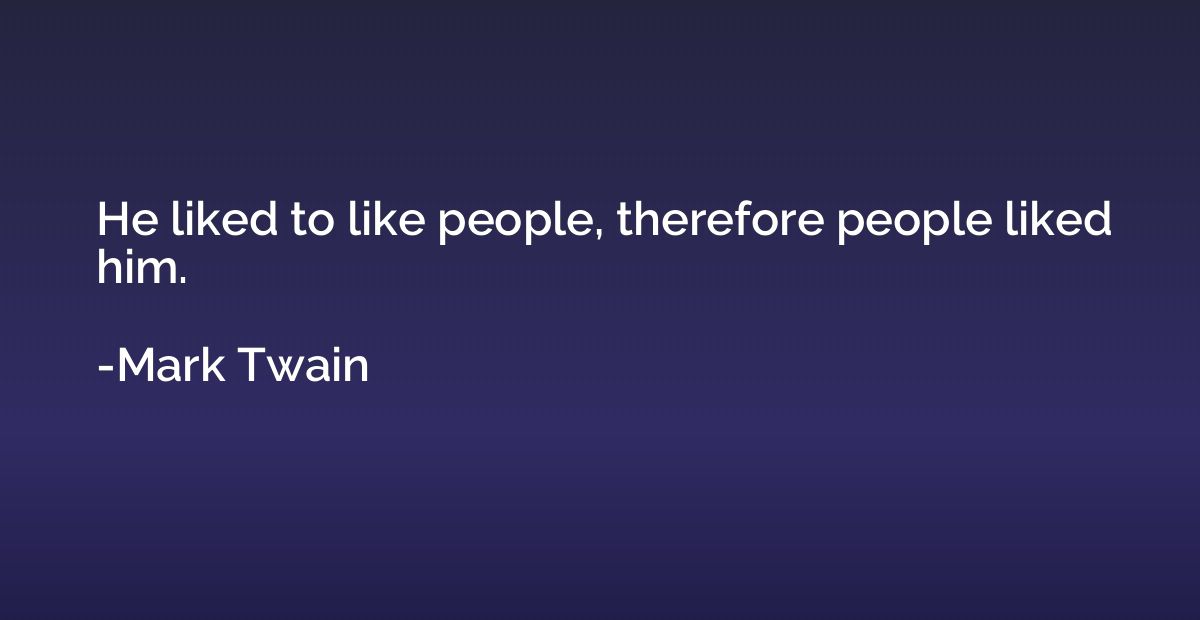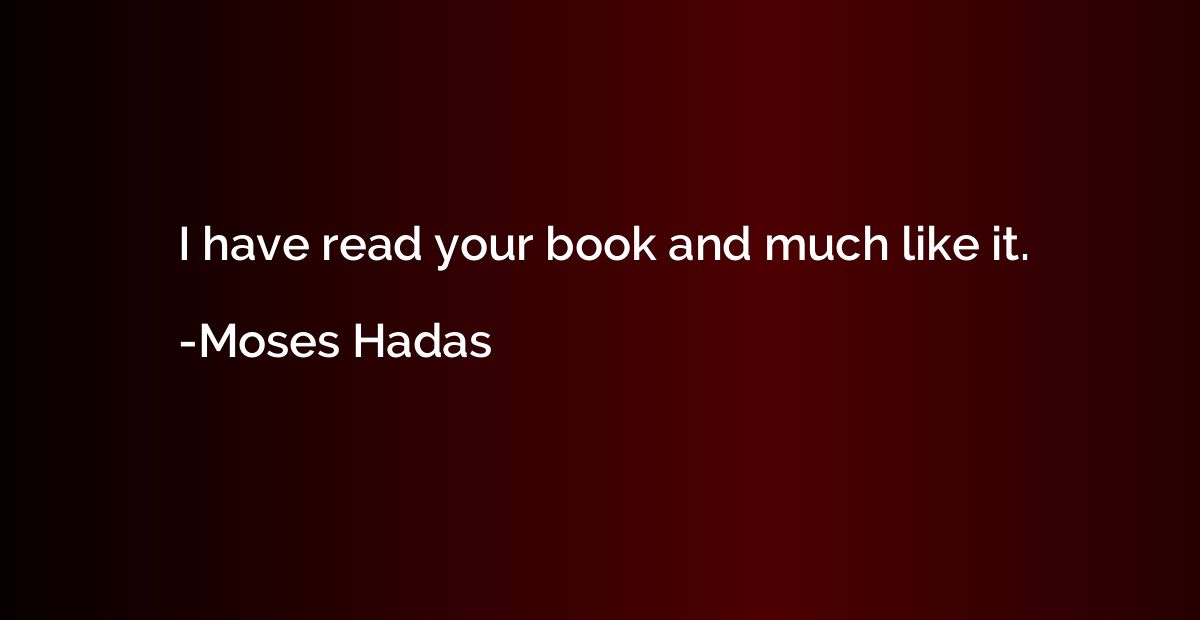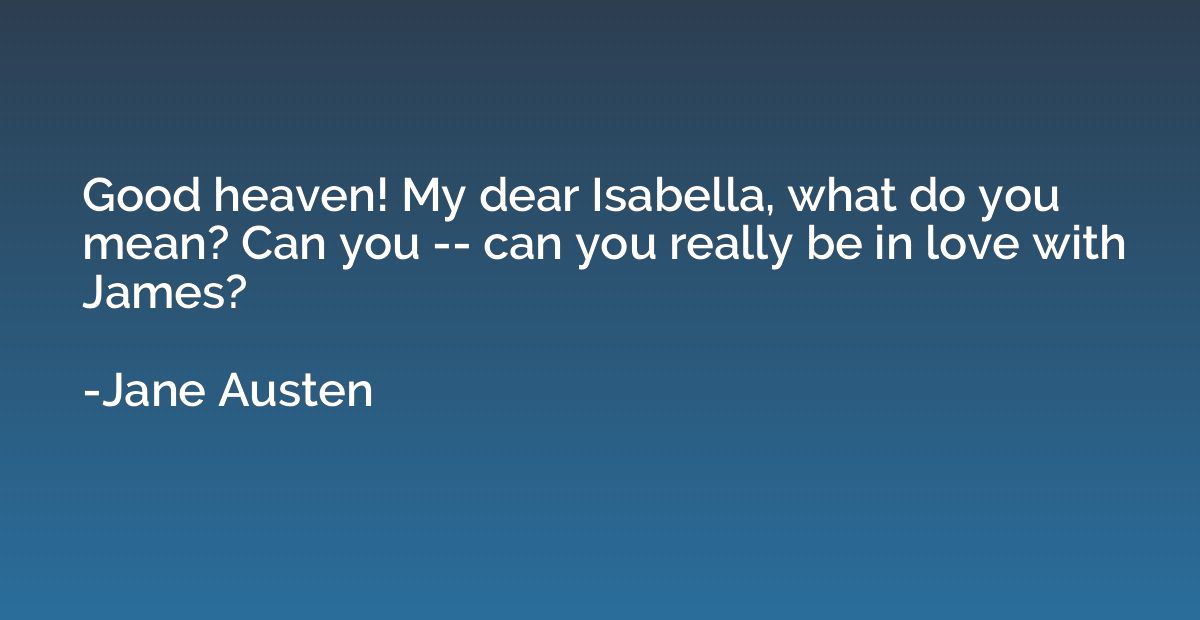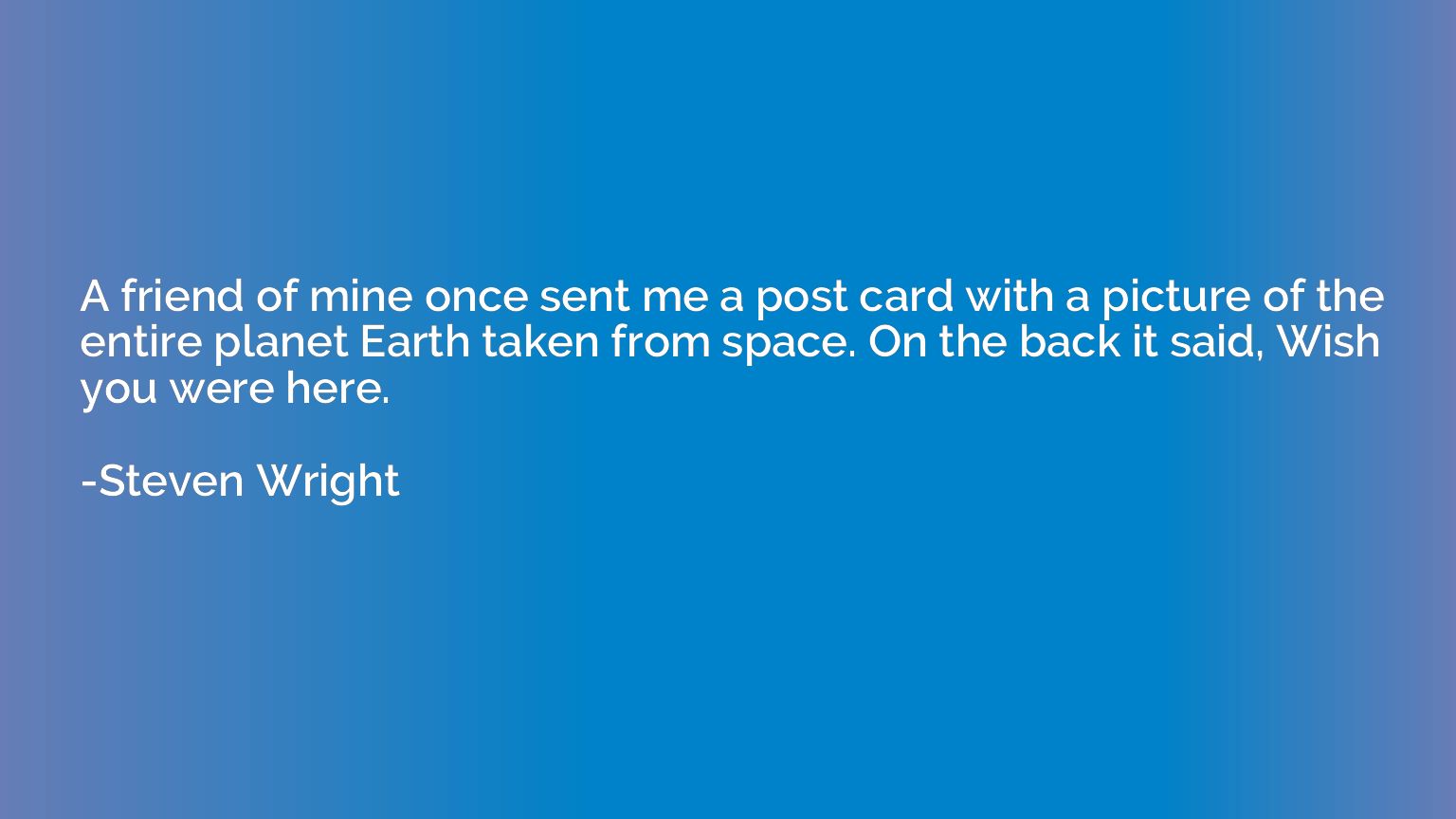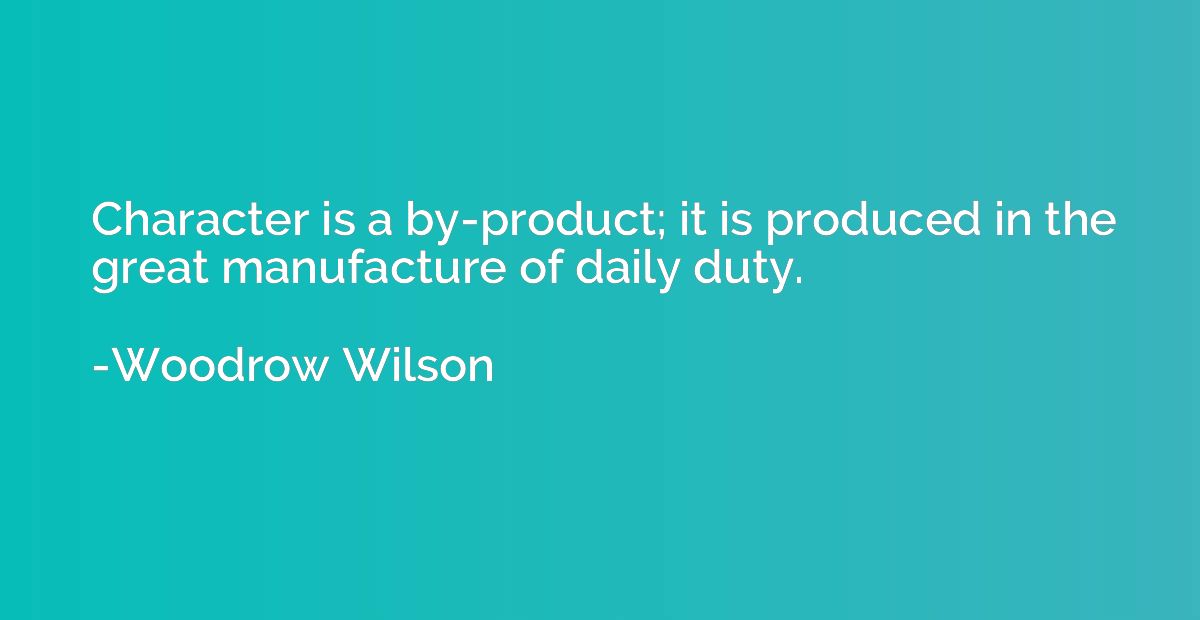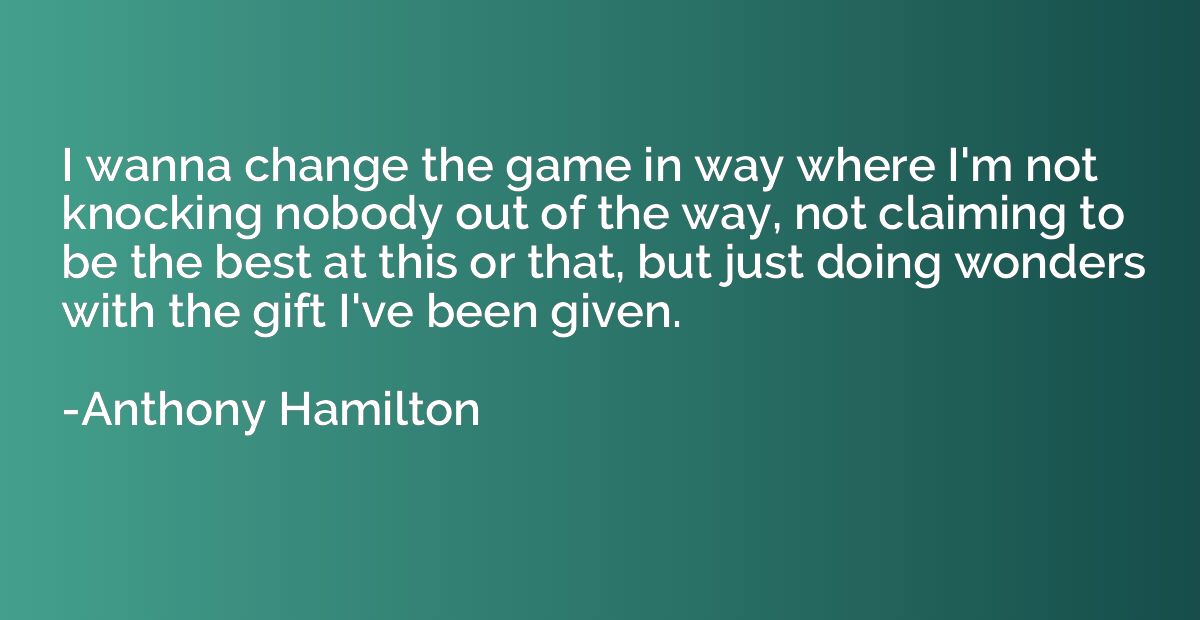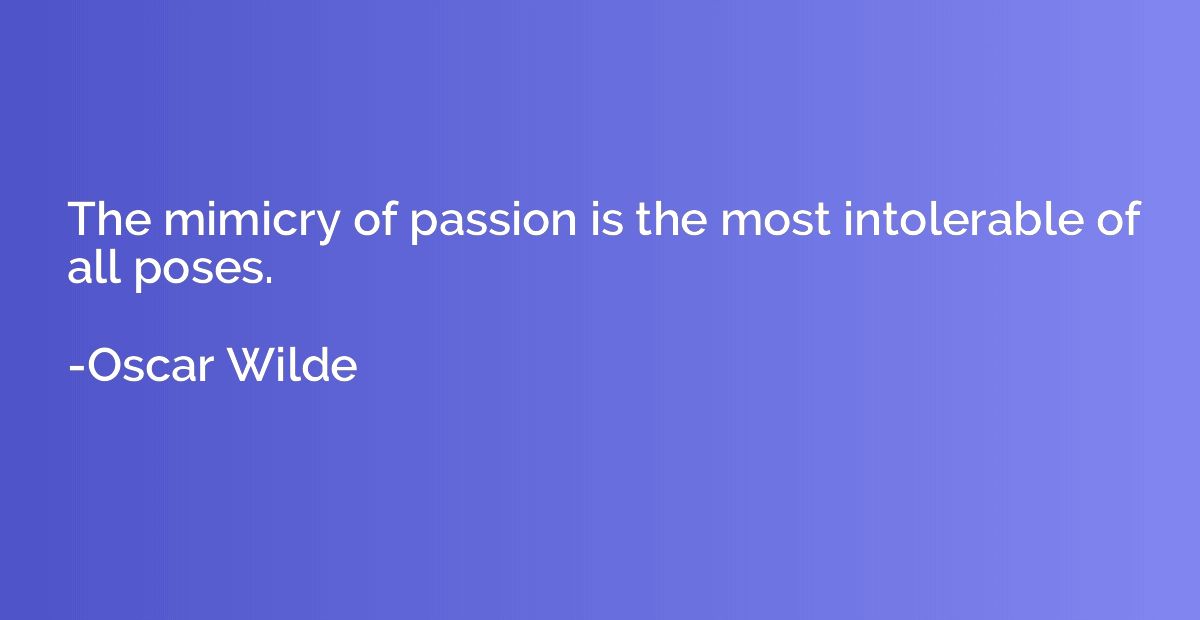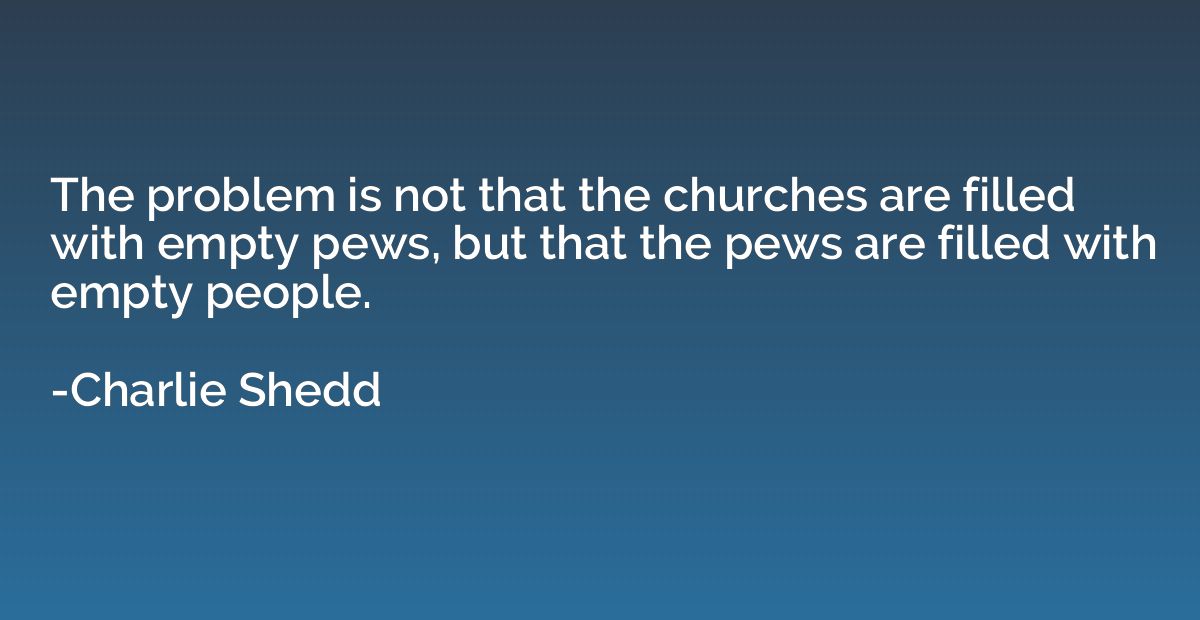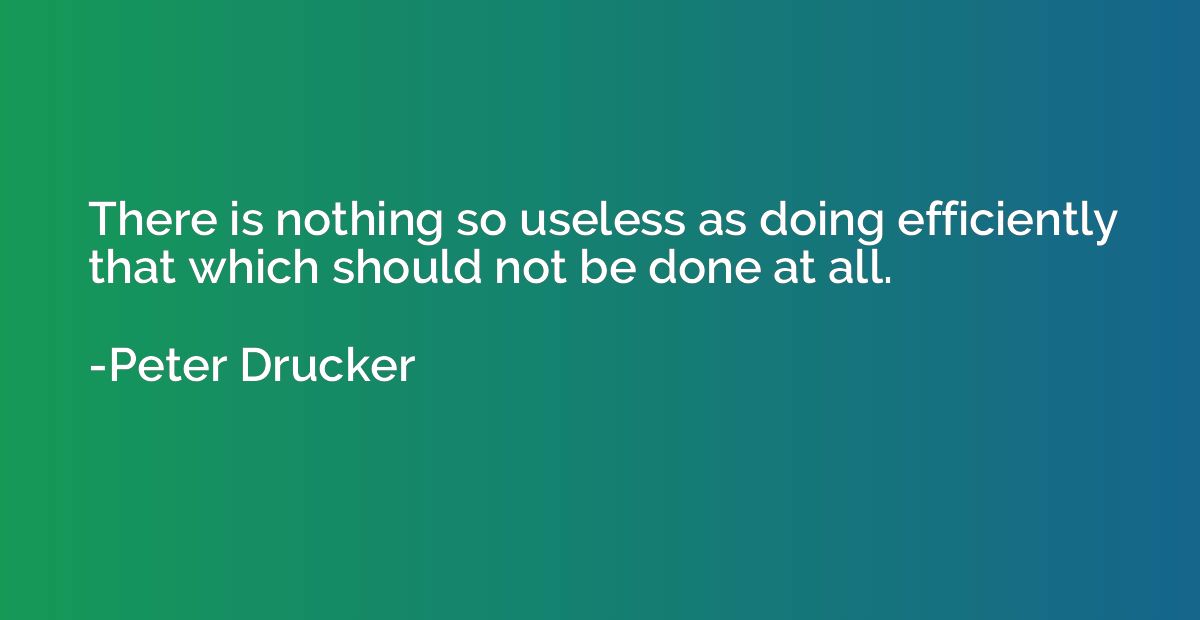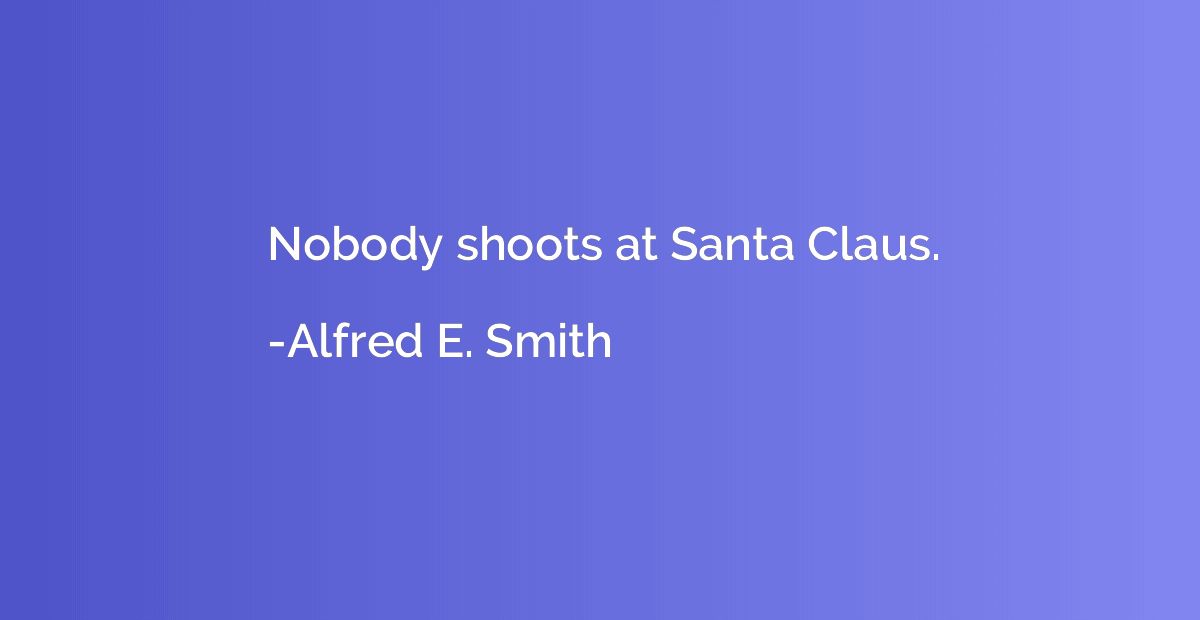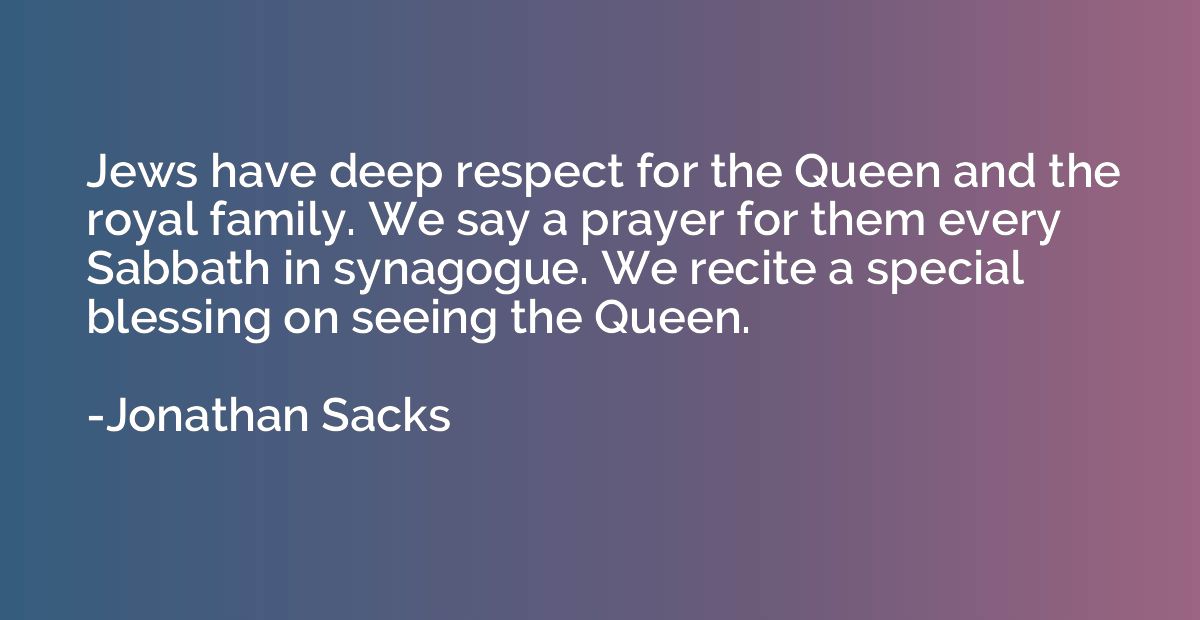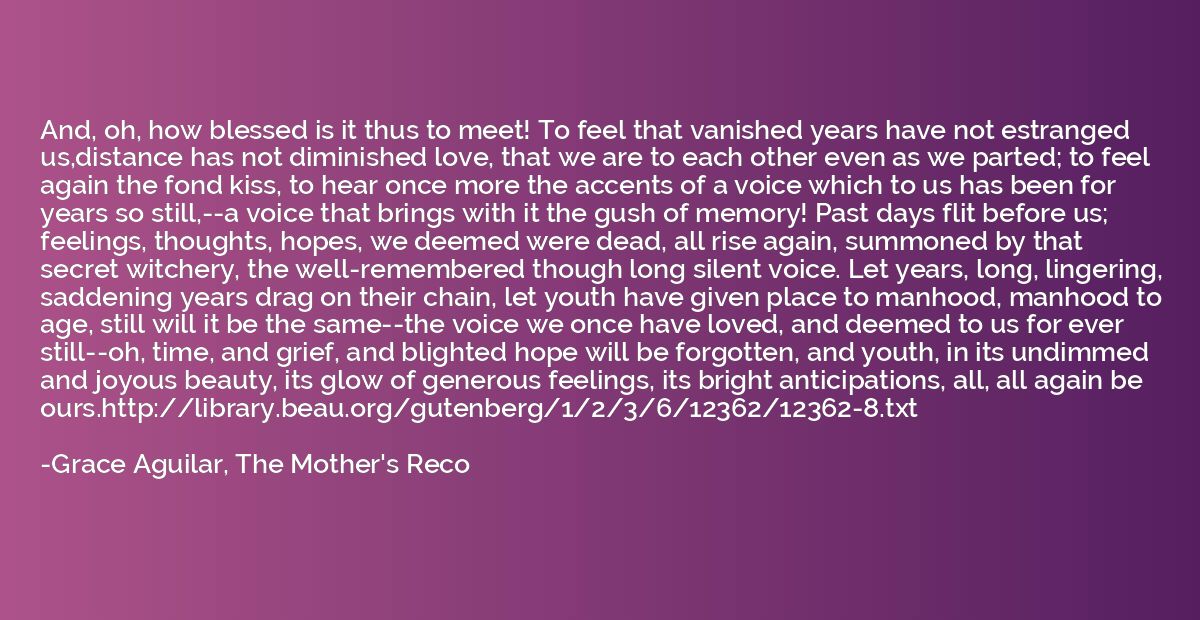Quote by Adam Williams
The world is rational and creative. It's a wonderful mystery for our minds to discover and celebrate . God's everywhere and we are all different. That's the beauty of it-the sheer diversity. What a tapestry to enjoy.
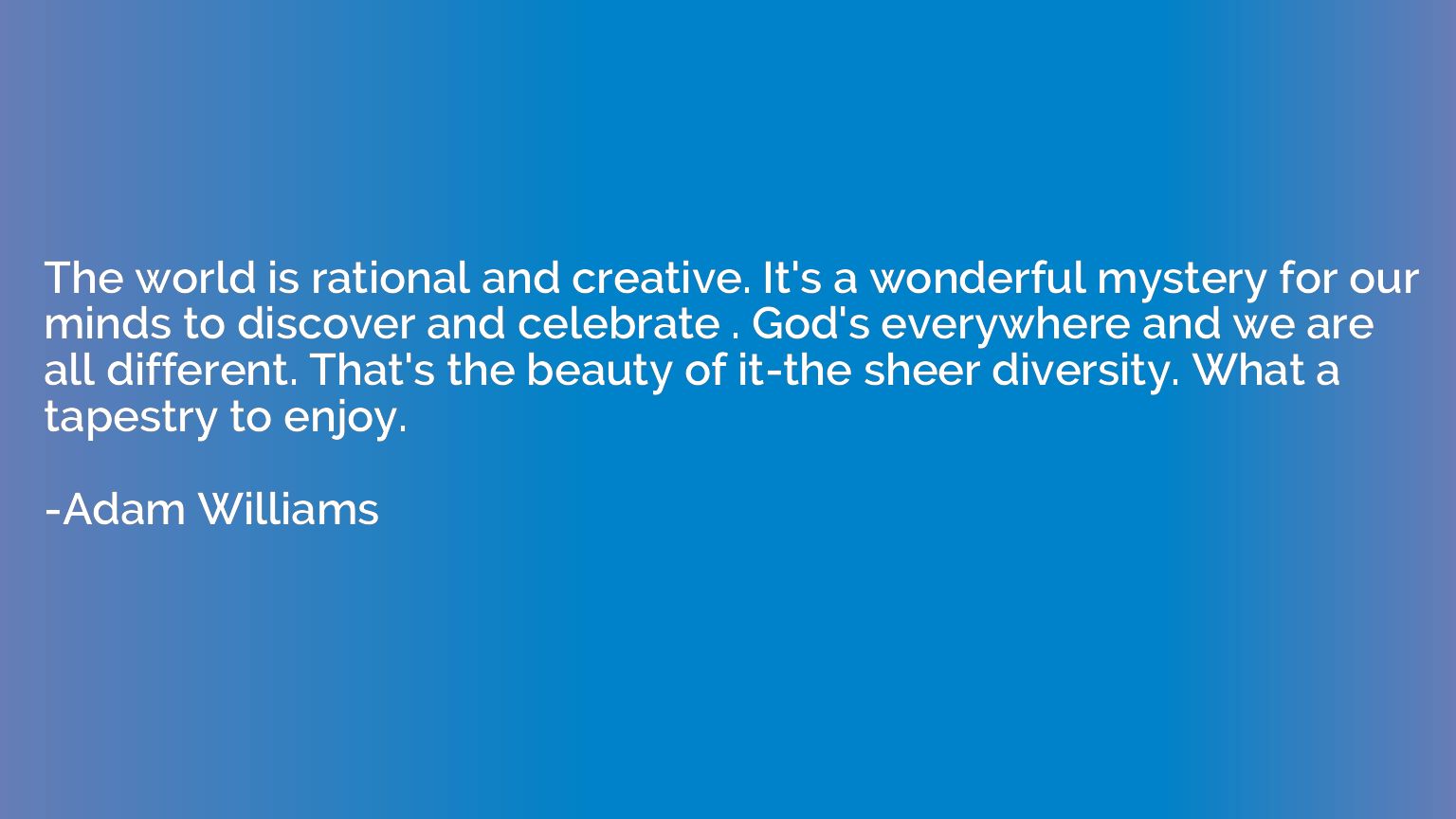
Summary
This quote suggests that the world operates based on rationality and creativity, which make it a fascinating and enjoyable place for human minds to explore. It implies that God's presence can be found everywhere in this diverse world, emphasizing the beauty that lies within each individual's uniqueness. The quote encourages people to appreciate and celebrate the diverse tapestry of life, highlighting the wonders that can be discovered through this perspective.



